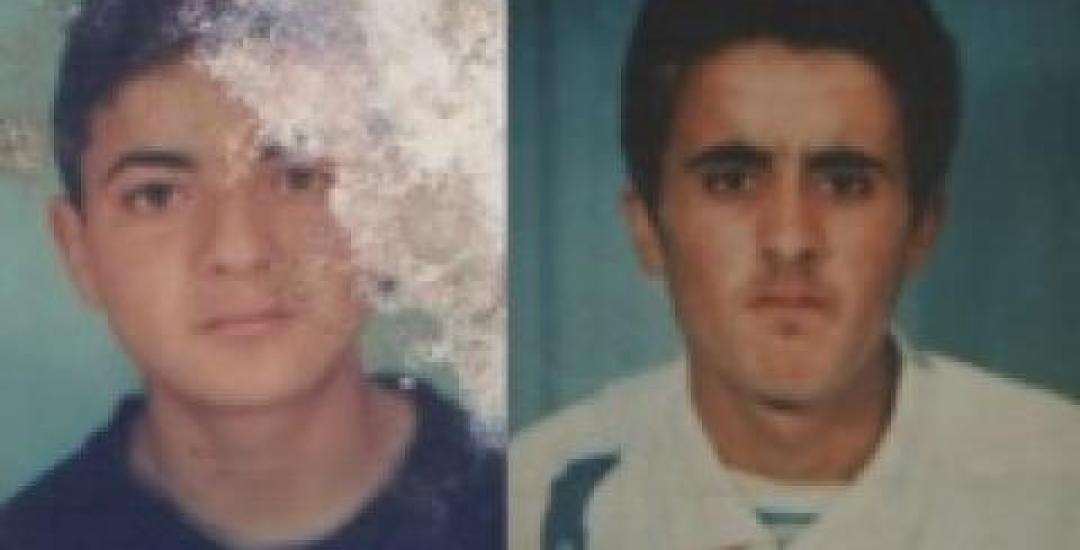
On 1 July 2010, Alkarama contacted the Human Rights Committee regarding the murder of the Fedsi brothers by the Algerian authorities. The Fedsi family contacted the authorities on various occasions, however without results since the promulgation on February 2006 of the "Charter for Peace and Reconciliation". Article 45 of the Charter stipulates that all complaints are inadmissible. For this reason, the Fedsi family has requested that the Human Rights Committee intervene with the Algerian authorities regarding the murder of their two sons.
Background
Jijel is an isolated mountainous region in eastern Algeria, marked by a strong military presence. During the 1990s, thousands of people were victims of ‘summary executions', ‘arbitrary arrests' and ‘enforced disappearances' at the hands of government authorities, the police and the gendarmerie. During this period there lingered an atmosphere of widespread fear, while very little information on these types of human rights violations was made available to investigating human rights NGOs. Local human rights associations have only recently been able to gather information on the violations committed by the state authorities. The results of their findings are now being documented on a daily basis.
Nasreddine Fedsi, 35, and his brother Messaoud Fedsi, both lived in Telata Taher village in Jijel.
According to witnesses at the scene of their murder, the following individuals allegedly participated in their arrest and execution on 19 April 1997:
- The Taher Brigade Commander of the Gendarmerie
- The Taher Commissioner of Police
- Fourar Meheni, Chief of Taher District
- Ferhat Benzaioua, a member of the local militia and who lived in Boucherka-Taher.
Khalifa Fedsi, the victims's father, went to the National Gendarmerie Brigate in Boucherka-Taher to file a complaint against those allegedly responsible for the deaths of his sons. He has since never received a response.
On several occasions, he submitted the facts surrounding his sons's murders to the Prosecutor General via the Tribunal Court in Taher. The judicial authority in Taher simply ordered that the deaths be registered in the civil records, without ever ordering an investigation or that those found responsible be prosecuted.
After Khalifa Fedsi informed the authorities of the facts surrounding his sons's deaths, the Taher Brigade Commander of the Gendarmerie threatened Khalifa Fedsi with ‘same fate' as his two sons if he continued to submit complaints concerning their murders.
Request for an investigation
According to Article 46 of the "Charter for Peace and Reconciliation", submitting a complaint to the Human Rights Committee is punishable to three to five years imprisonment; and could possibly be interpreted by the Algerian authorities as a hostile, particularly because it could sully Algeria's international reputation.
It has been requested that the Committee of Human Rights intervene with the Algerian authorities to ensure that they:
- Ordered a thorough and impartial investigation into the deaths of Nasreddine and Messaoud Fedsi.
- Inform the Fedsi family about the results of their findings
- Initiate criminal proceedings against those allegedly responsible for the murders and punish if necessary.
The Algerian authorities should repeal any provisions from the ordinance enacting the "Charter for Peace and Reconciliation", which are contrary to international and domestic law.
